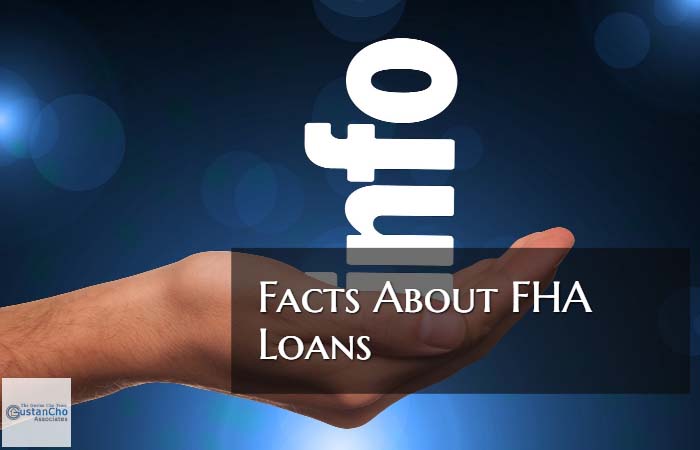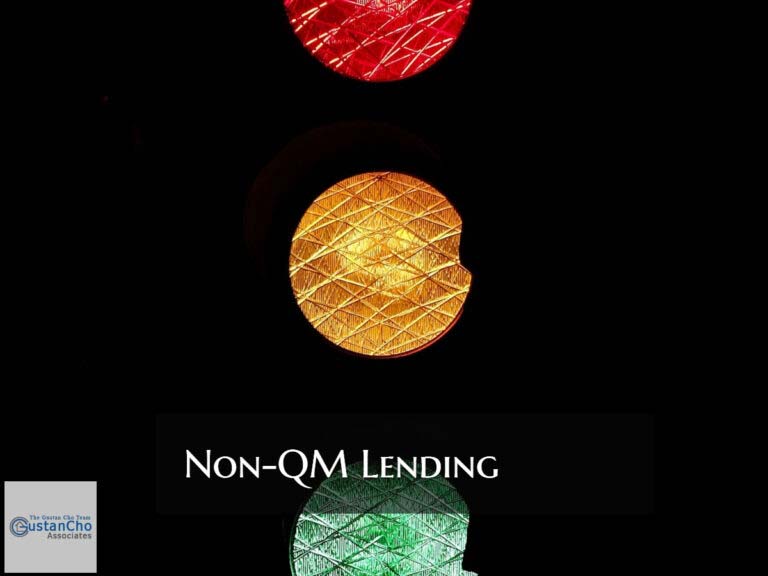Mortgage Credit Scores Used By Lenders To Qualify Borrowers
Mortgage Credit Scores: What Do Lenders Use to Qualify Borrowers in 2024?
If you’re considering buying a home or refinancing, you’ve probably heard much about credit scores. But what exactly are mortgage credit scores, and how do they affect your ability to get approved for a loan?
In this blog post, we’ll cover everything you need to know about mortgage credit scores, their importance, and how they determine whether you qualify for a home loan. By the end, you will know learn how to improve your credit score and find the best mortgage rates.
Why Do Lenders Use Mortgage Credit Scores to Approve Loans?
Credit scores play a big role in your mortgage application. When you apply for a mortgage, lenders want to know if you’re a good risk. They use mortgage credit scores to measure how likely you are to repay your loan on time. The higher your score, the more confident they are in your ability to handle a mortgage.
However, not all credit scores are the same. Mortgage lenders use specific credit scores that may differ from those you see on free credit monitoring apps. Understanding the difference is important for upping your chances of getting approved for a home loan.
How Are Mortgage Credit Scores Different?
Mortgage credit scores differ from regular consumer credit scores when you check your credit through apps or websites. Lenders rely on a different type of credit score specifically tailored for mortgage applications. Because mortgage loans are long-term commitments, lenders need a reliable way to predict long-term financial behavior.
When a lender pulls your credit, they get your credit scores from the three major credit bureaus:
- Experian
- TransUnion
- Equifax
Each of these bureaus calculates your credit score slightly differently. That’s why you’ll usually see three different numbers when applying for a mortgage. Lenders who provide mortgages will examine your three credit scores and select the median score to assess your eligibility.
For example:
- Your Experian score is 720
- Your TransUnion score is 690
- Your Equifax score is 650
In this case, the lender would evaluate your application using the middle score, which is 690.
Things get a bit more complicated if you’re applying for a mortgage with a co-borrower.
What Happens When There’s More Than One Borrower?

Lenders still look at three credit scores for each borrower when two or more borrowers apply for a mortgage together—like a married couple or a parent and child. However, they don’t use the average or combine the scores in a way that benefits both borrowers equally.
Instead, lenders will use the borrower’s middle score with the lowest score.
Let’s look at an example:
- Borrower 1:
- TransUnion score: 680
- Experian score: 640
- Equifax score: 600
- Middle score: 640
- Borrower 2:
- TransUnion score: 720
- Experian score: 700
- Equifax score: 680
- Middle score: 700
Even though Borrower 2 has a higher middle score (700), the lender will use Borrower 1’s middle score of 640 to qualify for the mortgage. This could result in a higher interest rate or even make qualifying harder.
2024 Update: Averaging Credit Scores for Conventional Loans
Good news for homebuyers applying for conventional loans in 2024! Fannie Mae recently updated its guidelines to allow lenders to average the middle credit scores of all borrowers on a loan application. This can be a huge advantage if one borrower scores much lower than the other.
Here’s how it works:
Let’s say Borrower 1 has a middle credit score of 600, and Borrower 2 has a middle score of 700. In the past, lenders only used the lower score (600). Now, they can average the scores (600 + 700 ÷ 2 = 650) to help you qualify for a better loan.
Keep in mind that even though the average score can help you qualify, lenders will still base your interest rate on the lowest score in some cases. If you have a lower score, you might need to enhance it before applying.
What Credit Score Do You Need to Buy a House in 2024?
Most people want to know what credit score they need to buy a house. The answer depends on the type of loan you’re applying for:
FHA Loans
You can qualify for FHA loans, supported by the Federal Housing Administration, with a credit score as low as 500. However, if your score is below 580, you must make a 10% down payment. If your credit rating is 580 or above, you must only make a 3.5% down payment.
Certain lenders might insist on a higher score, such as 620 or 640, but this is not a rule imposed by the FHA—it’s a policy set by the lender called lender overlays. At Non-QM Mortgage Lenders, we work with lenders who don’t have these extra requirements.
VA Loans
There is no official minimum credit score requirement for VA loans, which are available to military veterans and active-duty service members. However, most lenders look for a score of 580 to 620 or higher.
The great thing about VA loans is that they don’t require a down payment, and you can qualify with less-than-perfect credit. But you’ll need to show 12 months of clean payment history (no late payments, collections, or bankruptcies) and proof of on-time rent or mortgage payments for the past two years.
Conventional Loans
Generally, the minimum credit score for conventional loans is 620. However, if your score is under 680, you might find that FHA loans offer better interest rates and lower monthly payments. On the other hand, if your credit score is above 680 and you need to borrow more than the FHA loan limit in your area, a conventional loan may be the way to go.
Non-QM Loans
If your credit score isn’t high enough for traditional loans, you might still qualify for a non-QM loan (non-qualified mortgage). These loans are suitable for people with complicated incomes, such as self-employed individuals or those using bank statement loans. Each lender has different requirements, but other lenders, like Non-QM Mortgage Lenders, let you qualify with a credit score as low as 500.
How to Boost Your Credit Score for a Mortgage
If your credit score isn’t where you need it to be, don’t worry! There are a few simple steps you can take to improve it quickly:
- Pay Down Your Credit Cards: One of the fastest ways to boost your score is to lower your credit utilization ratio. Try to pay off enough of your balances so your utilization is under 10%.
- Dispute Errors: Check your credit reports from all three bureaus and dispute any errors. Even small mistakes can have a big impact on your score.
- Avoid New Credit Inquiries: Every time you apply for new credit, your score can drop a few points. Avoid applying for new credit while you’re in the mortgage process.
- Set Up Automatic Payments: Late payments can seriously damage your score. Setting up automatic payments ensures you won’t miss any due dates.
- Become an Authorized User: If a family member has a good credit history, becoming an authorized user on their account can help up your credit score
Don’t Let Lender Overlays Hold You Back
Lender overlays are extra rules that some mortgage lenders add to the standard loan requirements. For example, even though the FHA allows credit scores as low as 500, some lenders might require a score of 620 or higher.
At Gustan Cho Associates, we don’t have lender overlays. That means if the FHA, VA, or Fannie Mae says you qualify, we say you qualify, too—no extra hoops to jump through.
How Mortgage Credit Scores Affect Your Interest Rate
Your credit score doesn’t just determine if you qualify for a mortgage—it also affects your interest rate. The greater your score, the lesser your interest rate will be, potentially saving you thousands of dollars throughout the duration of your loan.
For example, let’s say you’re borrowing $300,000 for a 30-year fixed-rate mortgage:
- With a credit score of 750, you might qualify for an interest rate of 3.5%, leading to a monthly payment of $1,347.
- With a credit score 620, your rate might be 4.5%, making your monthly payment $1,520.
That difference is $173 monthly, or over $62,000 over 30 years!
Frequently Asked Questions About Mortgage Credit Scores:
Q: What are Mortgage Credit Scores?
A: Mortgage credit scores are numbers lenders use to determine how likely you are to repay a home loan. They come from your credit history and are one of the most important factors in getting approved for a mortgage.
Q: How are Mortgage Credit Scores Different from Regular Credit Scores?
A: Mortgage credit scores are different because they’re made specifically for lenders to use when deciding on home loans. The scores you see on apps or websites might differ from what your lender sees when they pull your mortgage credit scores.
Q: Which Credit Scores do Mortgage Lenders Use?
A: Mortgage lenders use scores from the three major credit bureaus: Experian, TransUnion, and Equifax. They take the middle score from these three and use it to qualify you for the loan.
Q: What Credit Score do I Need to Buy a House?
A: The credit score you need depends on the type of loan. You need at least a 500 score for FHA loans, but if your score is below 580, you’ll need a 10% down payment. VA loans don’t have a set credit score requirement, and conventional loans usually need a score of at least 620.
Q: What Happens if I Have a Co-Borrower with a Lower Credit Score?
A: When you apply with a co-borrower, the lender will consider the middle credit score of the borrower with the lower score. This might impact the interest rate or determine if you are eligible for the loan.
Q: Can Mortgage Lenders Average Credit Scores?
A: Yes, starting in 2024, some lenders for conventional loans can average the middle credit scores of all borrowers on the application. This can help if one person has a lower score.
Q: How do Mortgage Credit Scores Affect My Interest Rate?
A: The higher your mortgage credit score, the lower your interest rate. Lower rates can save you thousands of dollars over the life of your mortgage.
Q: Can I Boost My Credit Score Before I Apply for a Mortgage?
A: Yes! You can improve your mortgage credit scores by paying down credit card balances, disputing any errors on your credit report, and ensuring you pay all your bills on time.
Q: What is a Lender Overlay, and How Does it Affect My Mortgage Application?
A: A lender overlay is an extra requirement that some lenders add on top of standard loan rules. For example, even though FHA allows scores as low as 500, some lenders may require a score of 620 or higher. Not all lenders use overlays, so shop around if you’re getting turned down.
Q: What Should I Do if My Credit Score Isn’t High Enough for a Traditional Mortgage?
A: If your credit score is too low for a regular loan, you can still look into non-QM loans, which are available for people with less traditional financial situations, like self-employed borrowers or those with lower credit scores.
Ready to Get Started?
Understanding how mortgage credit scores work is the first step toward homeownership. If you’re ready to apply for a mortgage or want to know where you stand, our team at Non-QM Mortgage Lenders is here to help. We specialize in finding loans for borrowers with all kinds of credit profiles.
Whether you need help boosting your score, qualifying for a loan, or getting advice on your mortgage options, we’re only a call away.
Contact us today at 800-900-8569, text us for a faster response, or email us at gcho@gustancho.com. We can help you make the dream of homeownership a reality in 2024!
This blog about “Mortgage Credit Scores Used By Lenders To Qualify Borrowers” was updated on October 3rd, 2024.







